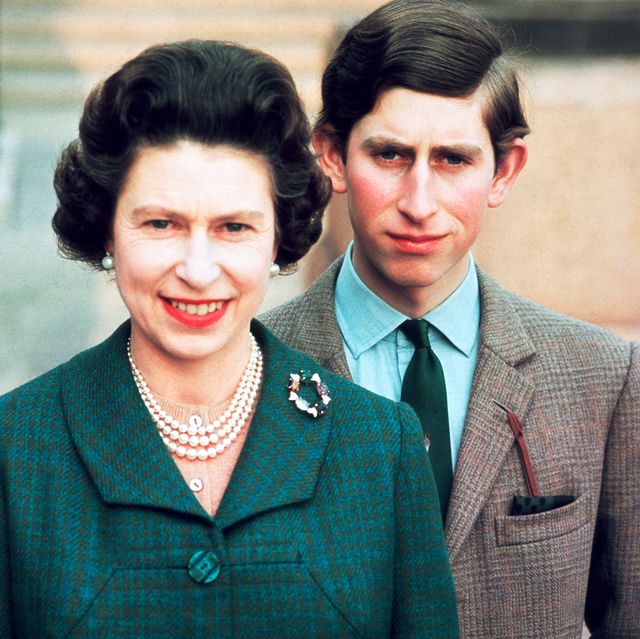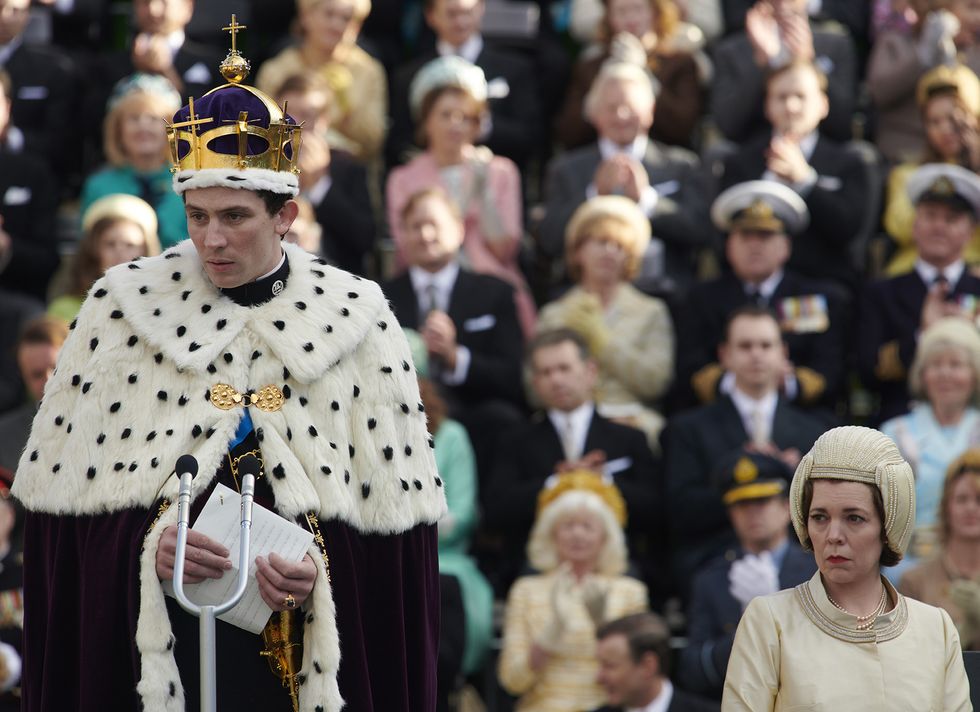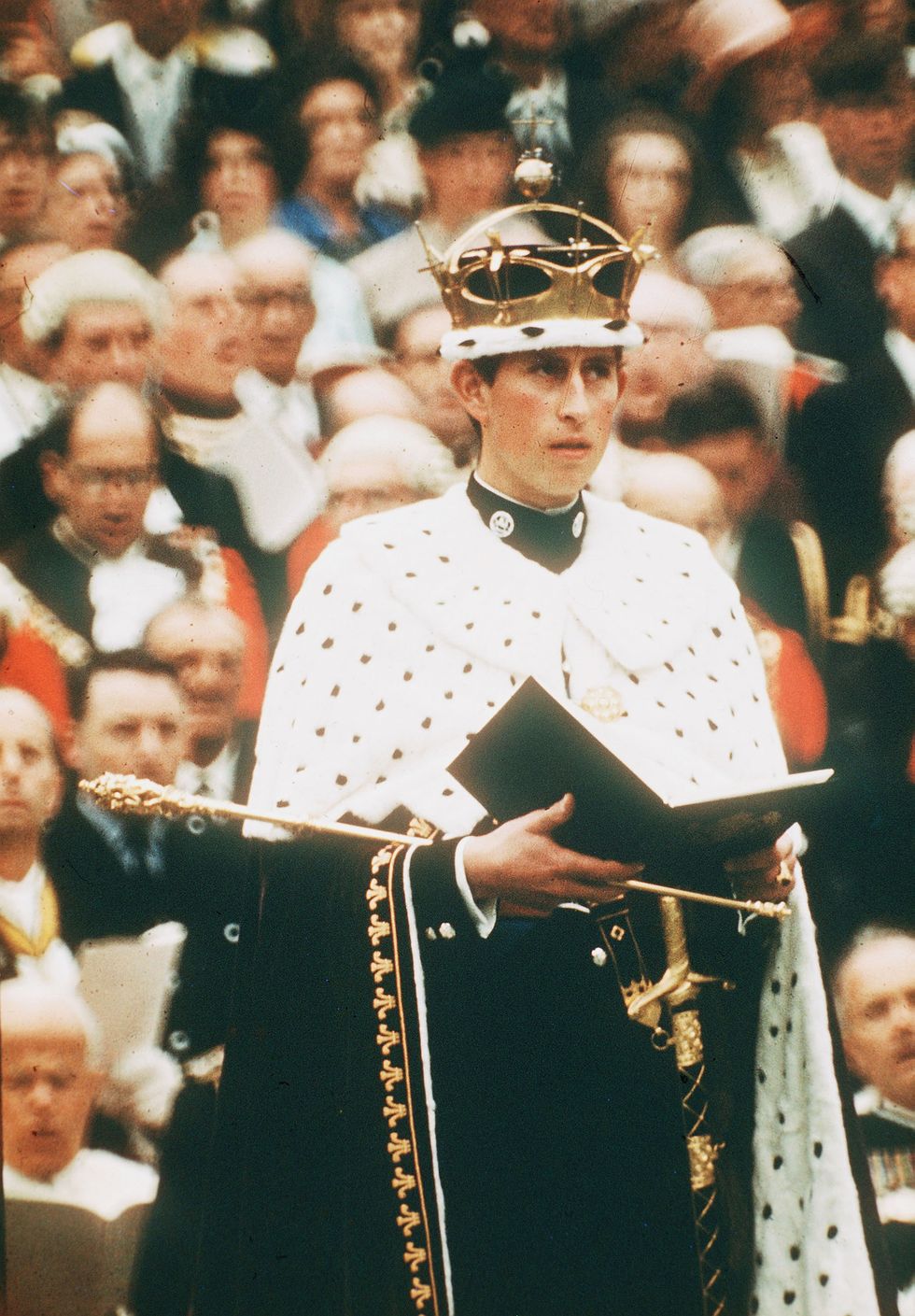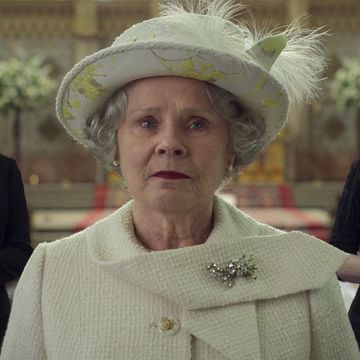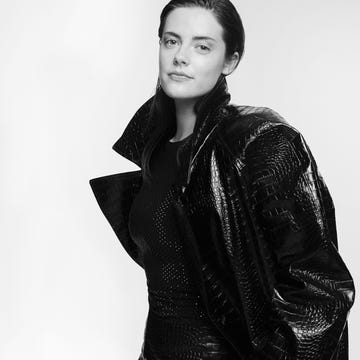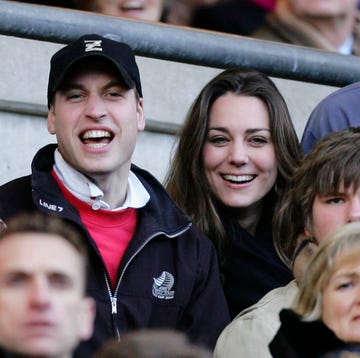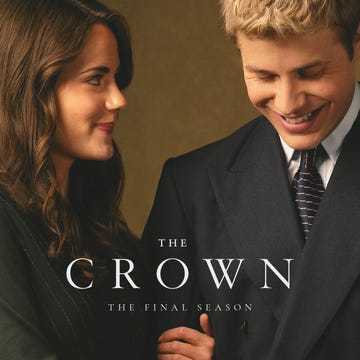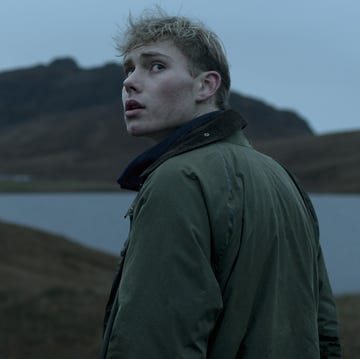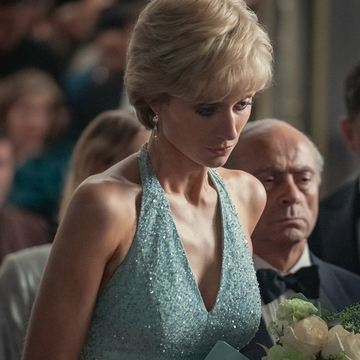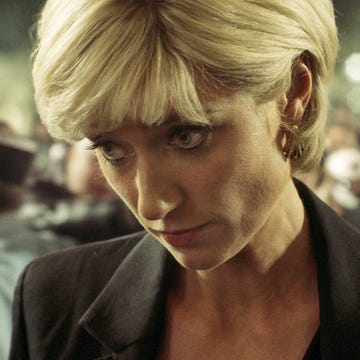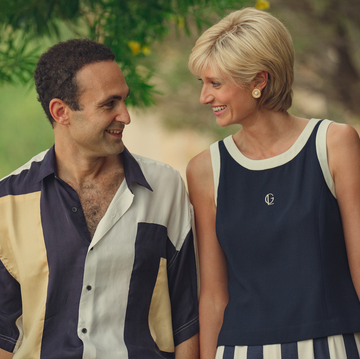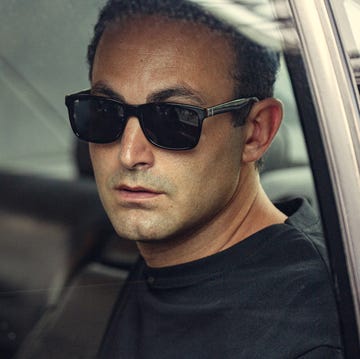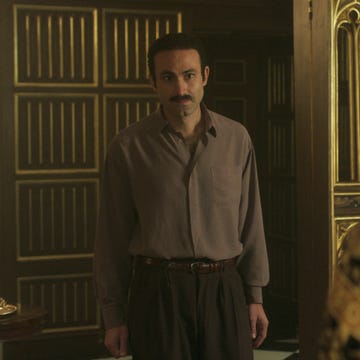The Crown season 3 depicts Queen Elizabeth's (Olivia Colman) marriage to Prince Philip (Tobias Menzies) as stronger than ever, but the same can't be said of the monarch's relationship with her eldest child and heir apparent, Prince Charles (Josh O’Connor).
Obligation, etiquette, and emotions come into play as the show explores how the queen prepared her 20-year-old son for royal duty, beginning with his investiture as Prince of Wales in 1969. At the time, Welsh nationalism was on the rise, with protest groups demanding autonomy from English rule. The idea of yet another non-Welshman receiving given this title did not sit well with many in the country, and these events are depicted in episode 6, "Tywysog Cymru."
The episode opens with Prime Minister Harold Wilson requesting that Prince Charles spend a semester in Wales learning Welsh so he can deliver his speech in the language as a gesture of goodwill. The queen agrees to pull her son out of Cambridge University to spend nine weeks at Aberystwyth University, much to his dismay. "Duty requires one to put personal feelings aside," the queen says. As Charles later moans to his sister Princess Anne, "why isn’t she like that with you? Vile and cold like that?"
It’s here we get the first hint that the mother and son are not the closest, and as the episode progresses, it’s suggested that his upbringing wasn’t the most hands-on. In her biography, Charles: the Heart of a King, Catherine Mayer writes, “[Queen Elizabeth] loved her first and second born but in the early years of her reign focused on her duty as a sovereign to the exclusion of much else." This included nurturing Charles, which was left to nannies while the queen undertook the sovereign duties she had only a few years to prepare for. She was "not indifferent so much as detached," is how Jonathan Dimbleby characterizes the queen’s relationship with Charles in the authorized biography, Prince of Wales: A Biography. Elizabeth also left much of the child-rearing decisions to her husband.
Prince Phillip was harsh on his eldest son, and noticing his sensitivity, felt the best way to toughen him up was to send him to his own alma mater, Gordonstoun, founded by German educator Kurt Hahn. This period in Charles' life is explored in season 2 of The Crown, and the Duke of Edinburgh’s tough disciplinarian stance was confirmed in Dimbleby’s ‘90s biography. However, a royal aide told Mayer that Charles’ education may have inspired him to reject his own mother's decision to avoiding taking a public stance on issues. "He always says if they didn't want me to do things and have ideas then they shouldn't have sent me to a Kurt Hahn school."
It’s this opinionated Charles we see in season 3. Though he's still rather sensitive and shy, Charles tries to carve his own identity and purpose outside of his mother’s shadow. In his investiture speech on The Crown, the Prince of Wales says, “Wales has her own identity, her own character, her own will, her own voice,” a statement with dual meaning that was not lost on the Queen. “The similarity between Wales’ suffering and yours was clear,” she says later. “Not having a voice is something we all have to live with. We’ve all had to make sacrifices and suppress who we are, some portion of ourselves is always lost.”
But Penny Junor, author of Charles: Victim or Villain?, says she has "never heard that Charles added any sort of double entendre in his Welsh speech. I think it’s highly unlikely that he would have done [that]." The transcript for Charles' investiture speech proves this; the Welch section is translated as follows:
The words of your address have certainly touched me deeply and I can assure you I have taken note of the hopes expressed in them. It is, indeed, my firm intention to associate myself in word and deed with as much of the life of the Principality as possible—and what a Principality!
It is with a certain sense of pride and emotion that I have received these symbols of office, here in this magnificent fortress, where no-one could fail to be stirred by its atmosphere of time-worn grandeur, nor where I myself could be unaware of the long history of Wales in its determination to remain individual and to guard its own particular heritage. A heritage that dates back into the mists of ancient British history, that has produced many brave men, princes, poets, bards, scholars and more recently, great singers, a very memorable "goon" and eminent film stars. All these people have been inspired in some way by this heritage.
However, Junor says the scene in which the young heir goes home with his Welsh tutor for dinner could have happened. "I think it’s perfectly possible that he went to dinner with a normal family and was amazed by how a mother and father put their children to bed because that would not have happened to him."
A healthy dose of dramatic license has been used on showrunner Peter Morgan’s part, for no one could possibly know the conversations that went on behind the Buckingham Palace doors. But Mayer notes in her biography of Charles that he did feel the need to have his own voice and went against the royal etiquette enforced by his parents. "What he never learned to do is wear a mask as his mother does," Mayer writes. "She gives little away and with her husband has created a family culture that prizes restraint and approves of stoicism."
It’s clear that Prince Charles and the Queen had strained relationship, and the series does well to present that onscreen. However, Junor says that Charles was "in awe of his mother and deeply respectful of her," so even though they may not have been the most affectionate towards one another, there was still a lot of love between them. They just don't often show it.
